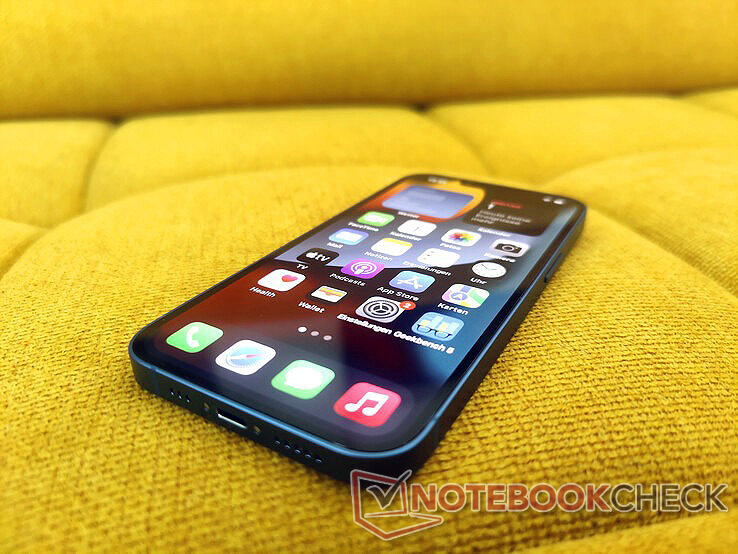T-Mobile is launching its Starlink satellite communication service called T-Satellite with Starlink on July 23, and it has now been granted the requested waiver so that customers with older phones can also sign up for it.
Previously, only newer handsets explicitly authorized for the service in the past four years or so could benefit from the T-Mobile Starlink satellite beta. These include the iPhone 14 to iPhone 16, plus the Samsung Galaxy 21 or Pixel 9 and later models. Even users with basic handsets like the Galaxy A14 could sign up, but not those with the iPhone 13, for example.
The Federal Communications Commission has now granted T-Mobile’s certification exemption request, so the carrier has the green light to provide T-Satellite to nearly all phones, new and old alike.
We find that good cause has been shown to justify granting the requested waiver and agree with TMobile and SpaceX that under the circumstances, strict application of the rules would frustrate the Commission’s underlying purpose in adopting those rules, which is to enable consumers and first responders to access services, such as wireless emergency alerts and limited text messaging, during a natural disaster or when in remote areas that lack terrestrial service. As T-Mobile and SpaceX observe, application of the rules would prevent T-Mobile subscribers and first responders from accessing SCS through no fault of their own, because the holders of equipment authorizations for certain devices have failed to submit requests for waivers to allow those devices to access SCS.15 Providing access is also in the public interest, as it will allow T-Mobile subscribers to access communications capability where they otherwise could not despite the Commission’s efforts to authorize a new service.
The reason that T-Mobile filed the exemption request is that the FCC certification rules requested each individual phone to be certified for its Supplemental Coverage from Space (SCS) offering that includes Starlink satellite messaging or data.
Needless to say, phone makers had little incentive to go through all the paperwork and testing procedures for handsets older than four years just so that T-Mobile can run satellite messaging on them. This included Verizon and AT&T phones that can also take advantage of T-Satellite at the same $10/month fee.
The service will offer text or voice messaging at first, but starting October 1, it will also stream satellite Internet data for using certain optimized Android or iOS applications like chat, social networking, or weather apps.
The FCC says that it recognizes this challenge and grants the waiver that allows T-Mobile’s Starlink service, since neither the carrier nor the user can be held responsible for software updates needed by the manufacturer.
We recognize that T-Mobile and SpaceX may not hold primary responsibility for updating equipment certifications for devices that operate on their networks. We encourage T-Mobile and SpaceX to remind their handset suppliers of the need to bring handsets authorized after June 29, 2024 into full compliance and expect that those suppliers will continue to take necessary steps to do so. However, given the limited pool of consumer handsets at issue here, and the inability of consumers to address the lack of updated equipment certification themselves, we believe the benefits to the public outweigh the potential harm in this circumstance. For these reasons, we grant the T-Mobile and SpaceX request for waiver of sections 2.805(a), 25.125(c), and 25.125(d)(3) of the rules. In addition, we waive on our own motion section 25.115(q)(1) because doing so will allow T-Mobile subscribers to communicate with SpaceX satellites without the need for additional earth station licenses, keeping with the intent of the rule to provide maximum flexibility.
The FCC still “encourages” manufacturers of older Galaxy or iPhone handsets to certify them for the Supplemental Coverage from Space option, though the paperwork involved can now be submitted on a voluntary basis.
Wooed by tech since the industrial espionage of Apple computers and the times of pixelized Nintendos, Daniel went and opened a gaming club when personal computers and consoles were still an expensive rarity. Nowadays, fascination is not with specs and speed but rather the lifestyle that computers in our pocket, house, and car have shoehorned us in, from the infinite scroll and the privacy hazards to authenticating every bit and move of our existence.


